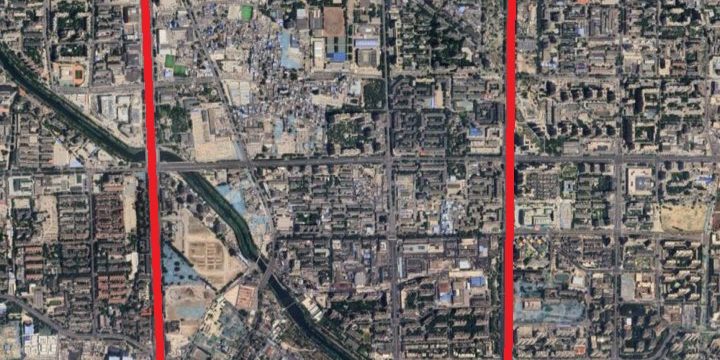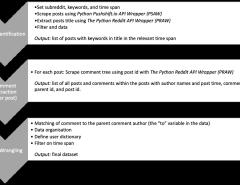Authors: Zhilun Zhou, Yuming Lin, Yong Li
Published on: January 24, 2024
Impact Score: 8.12
Arxiv code: Arxiv:2402.01698
Summary
- What is new: Introduces an innovative urban planning approach using Large Language Models (LLMs) to enhance the participatory process, providing adjustable and inclusive solutions.
- Why this is important: Traditional participatory urban planning faces challenges in time and manpower, and existing generative tools cannot offer adjustable and inclusive solutions.
- What the research proposes: A framework integrating LLMs into participatory urban planning, using role-play, collaborative generation, and feedback iteration for a community-level land-use task.
- Results: Empirical experiments showed the LLM’s adaptability and effectiveness, surpassing human experts in satisfaction and inclusion, and rivaling advanced reinforcement learning methods in service and ecology metrics.
Technical Details
Technological frameworks used: Participatory process with LLM integration
Models used: Large Language Models
Data used: Community-level land-use tasks with 1000 distinct interests
Potential Impact
Urban planning and real estate development companies, smart city technology firms, municipal governments, and public sector planning agencies.
Want to implement this idea in a business?
We have generated a startup concept here: InclusiPlan.




Leave a Reply